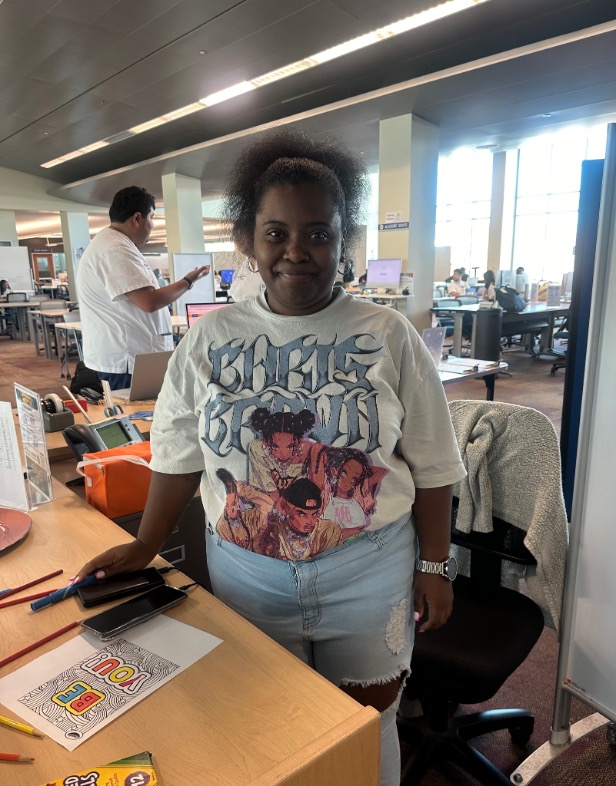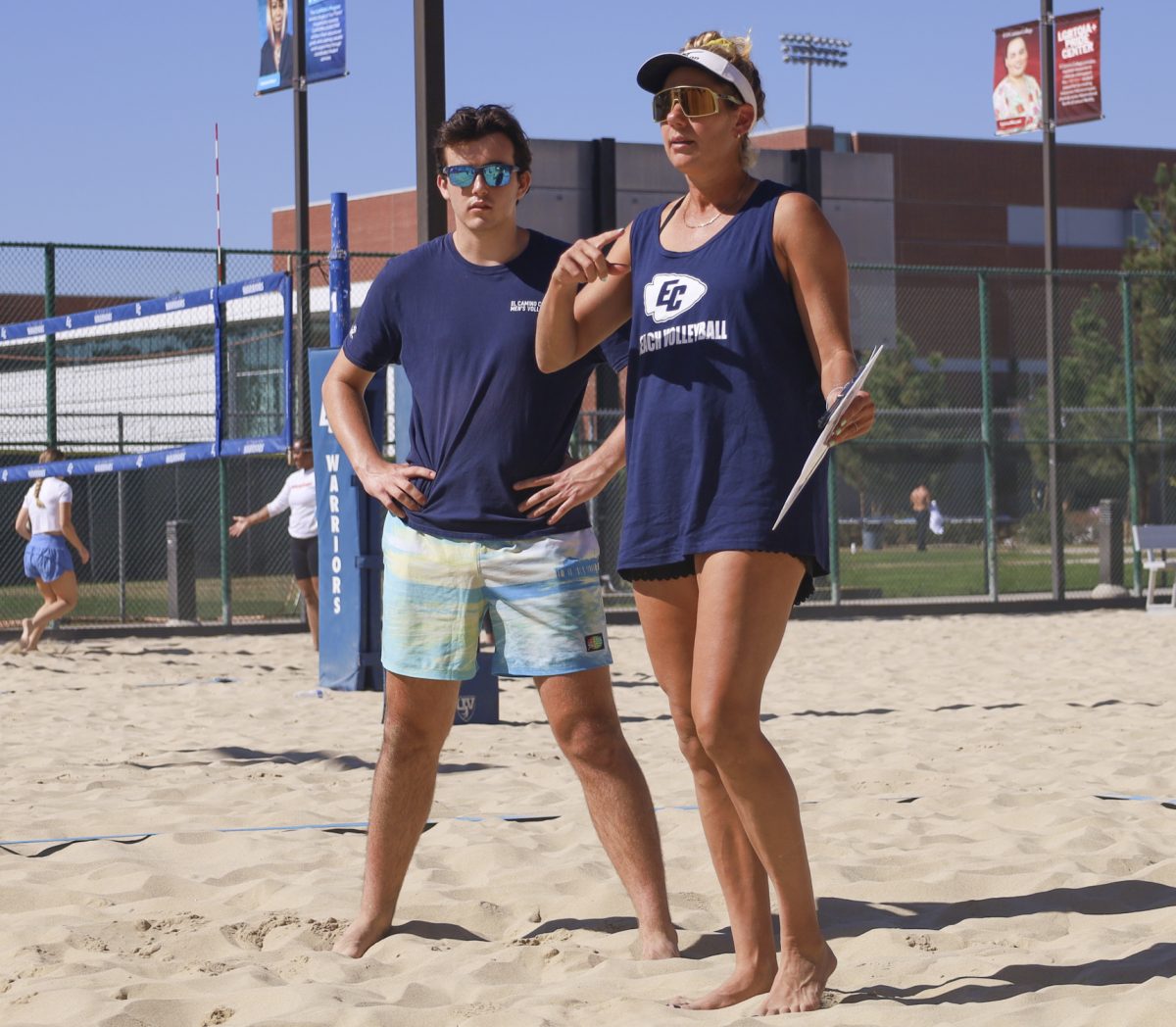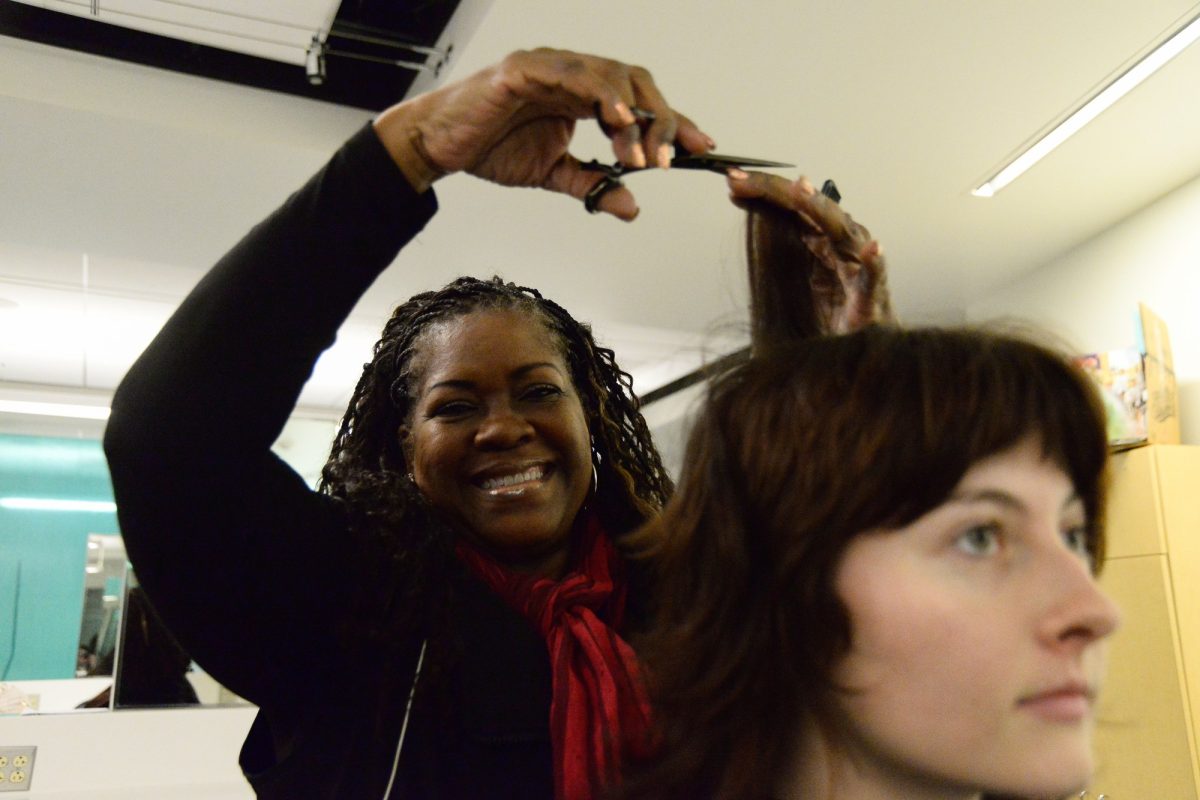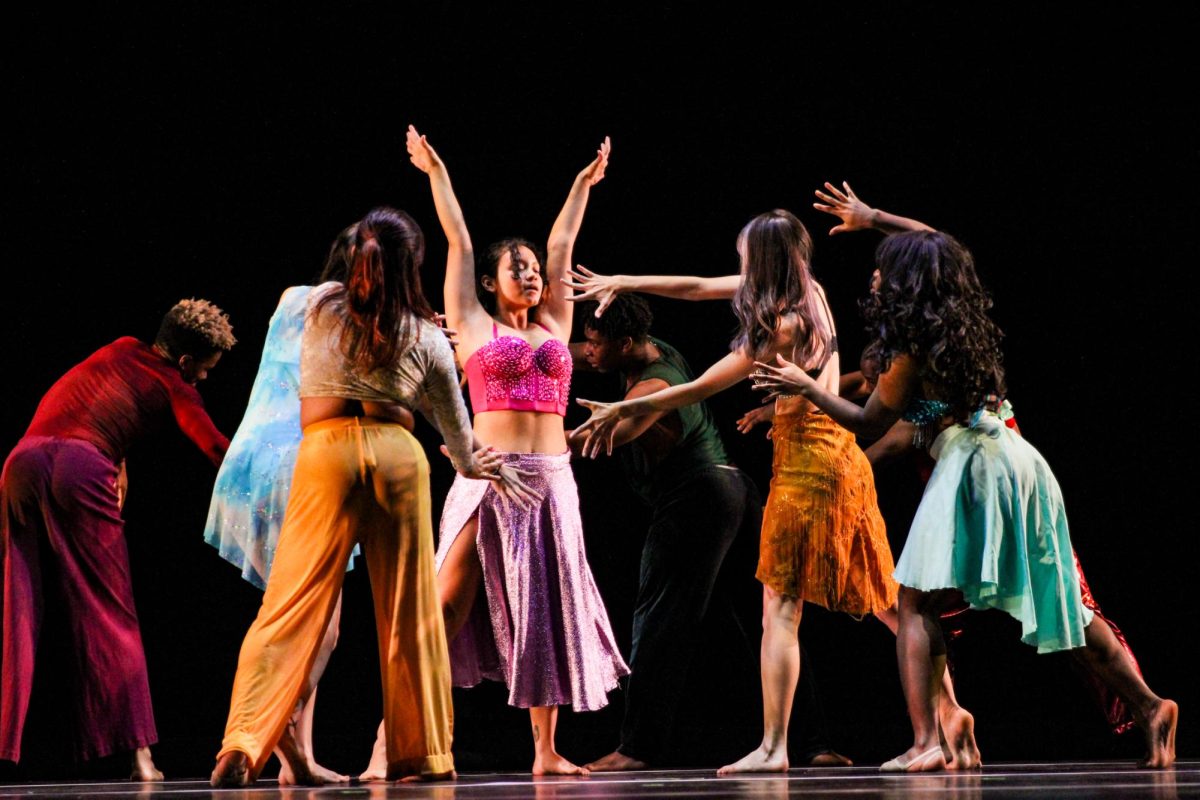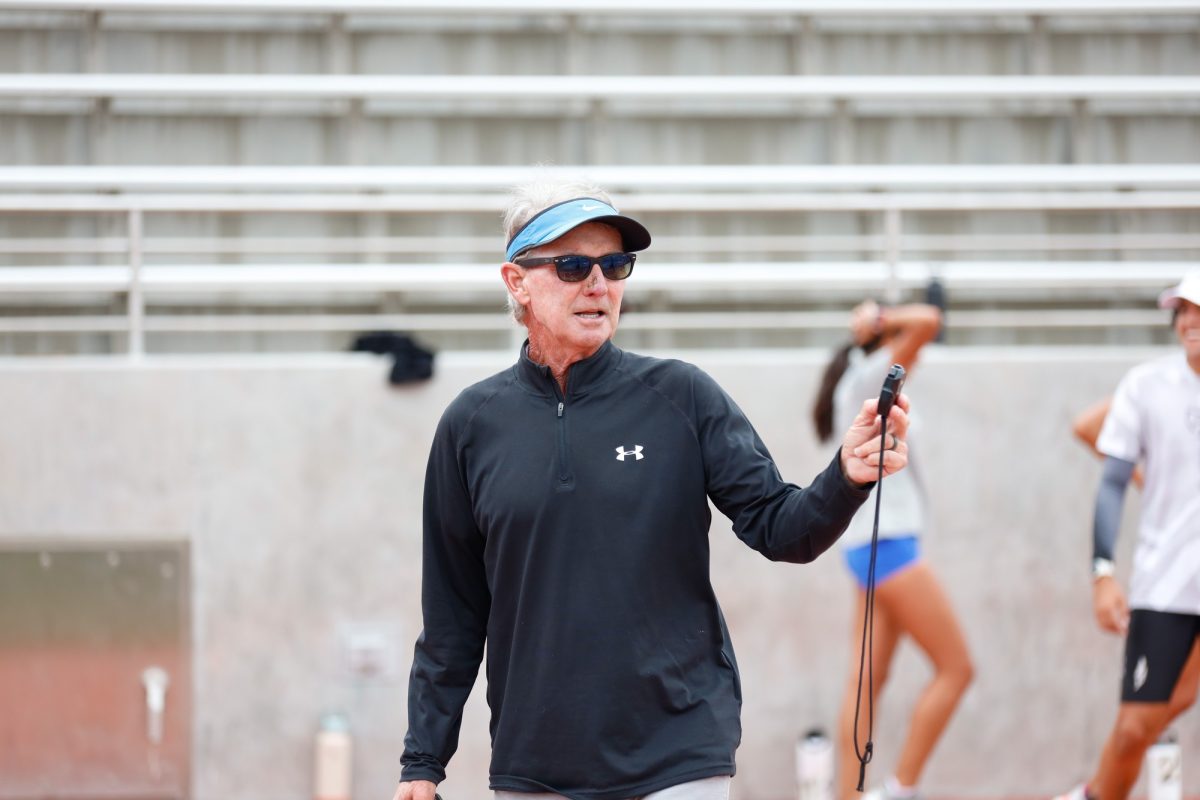First-time and young voters ages 18-29 are becoming more anxious and are more engaged in politics for the first time in history.
In a survey conducted by the Union newsapaper, 75 percent of students questioned said they would vote in the upcoming election.
Usually, a first-time voter is the least likely to vote in general elections, but recently there has been an increase of attention coming from young voters who are opposed to the Iraq war and are energized by the possibility of helping to elect the nation’s first black man or woman president.
“I voted in the primaries and I’m planning to vote in November. I feel like I’m being heard. I also influenced others to vote,” Lydia Murillo, liberal studies major, said.
“We’re turning out to vote because this election is so important; the fact that a black man and a woman are the front-runners is going to be in textbooks,” she said.
The majority of first-time voters and young students say they are now interested in political issues.
The majority of young people believe that they would discuss the issues of politics with friends and family in the future.
“Back in the ’60s and ’70s, everyone protested, revolted and rebelled against the establishment. Now, young people are trying to use the government to their benefit,” Jared Blunk, English major, said.
“By voting, students believe they’re a part of what will eventually become history,” he said.
In the primary elections, according to the statistics posted on the Young Voter Strategies website, young or first-time voters have increased their voter turnout over the past two major elections.
“A lot of people are unsatisfied with the direction the country has been going for the past few years. This is energizing more people to vote,” Tania Carter, economics professor, said.
Presidential candidates see young or first-time voters as a target demographic in the upcoming election. They know when they visit communities, they cannot just come with rhetoric, but with substance.
Candidates are engaging young people on topics that affect them, such as college affordability, health care and financial security.
“We want change. By voting we are making history,” Murillo said.



![Universal Pictures "Wicked," directed by Jon M. Chu, will be playing in theaters worldwide on Nov. 22. (Elliott Bullock II [The Union])](https://eccunion.com/wp-content/uploads/2024/11/wicked-poster-from-elliott-bullock-ii-1200x540.jpg)
